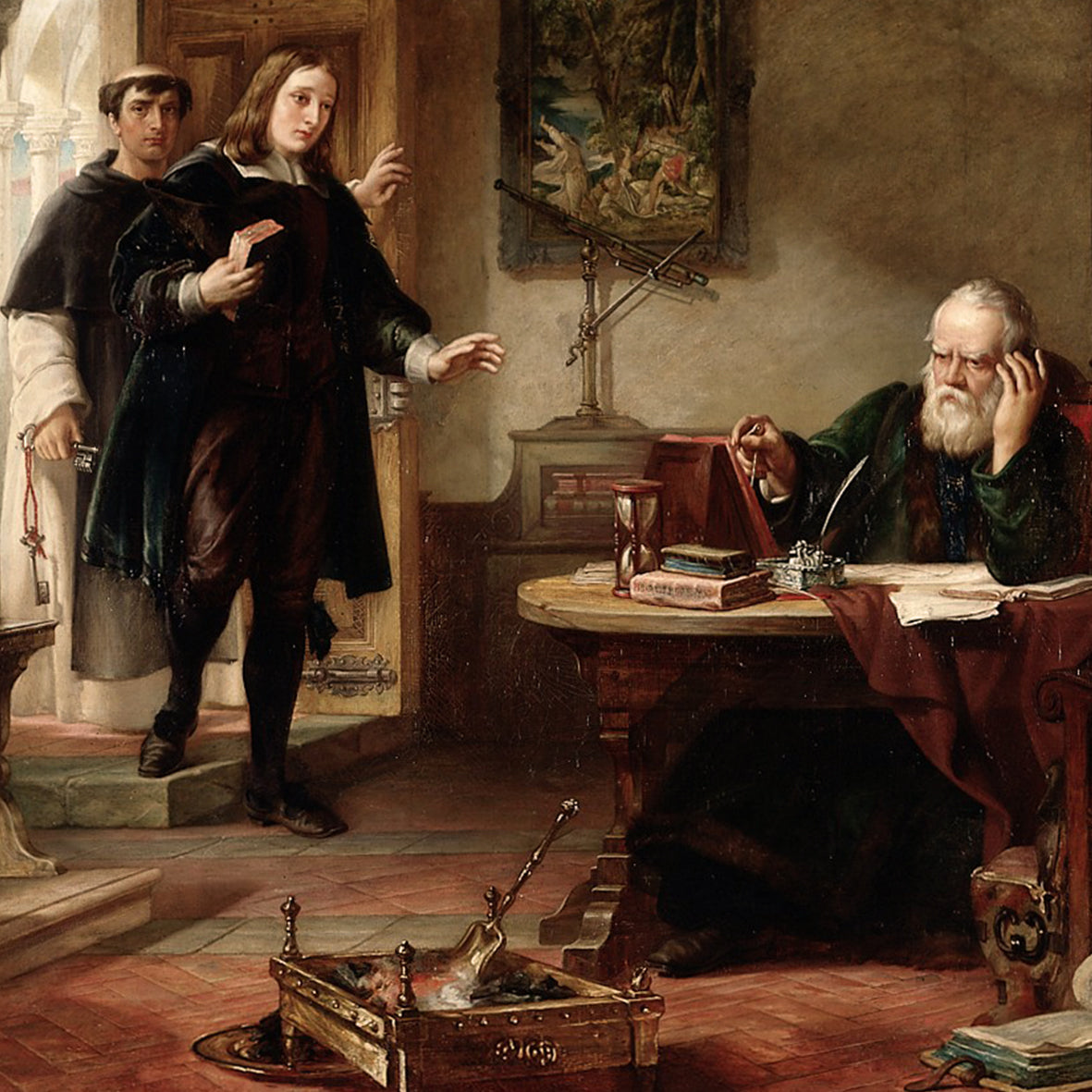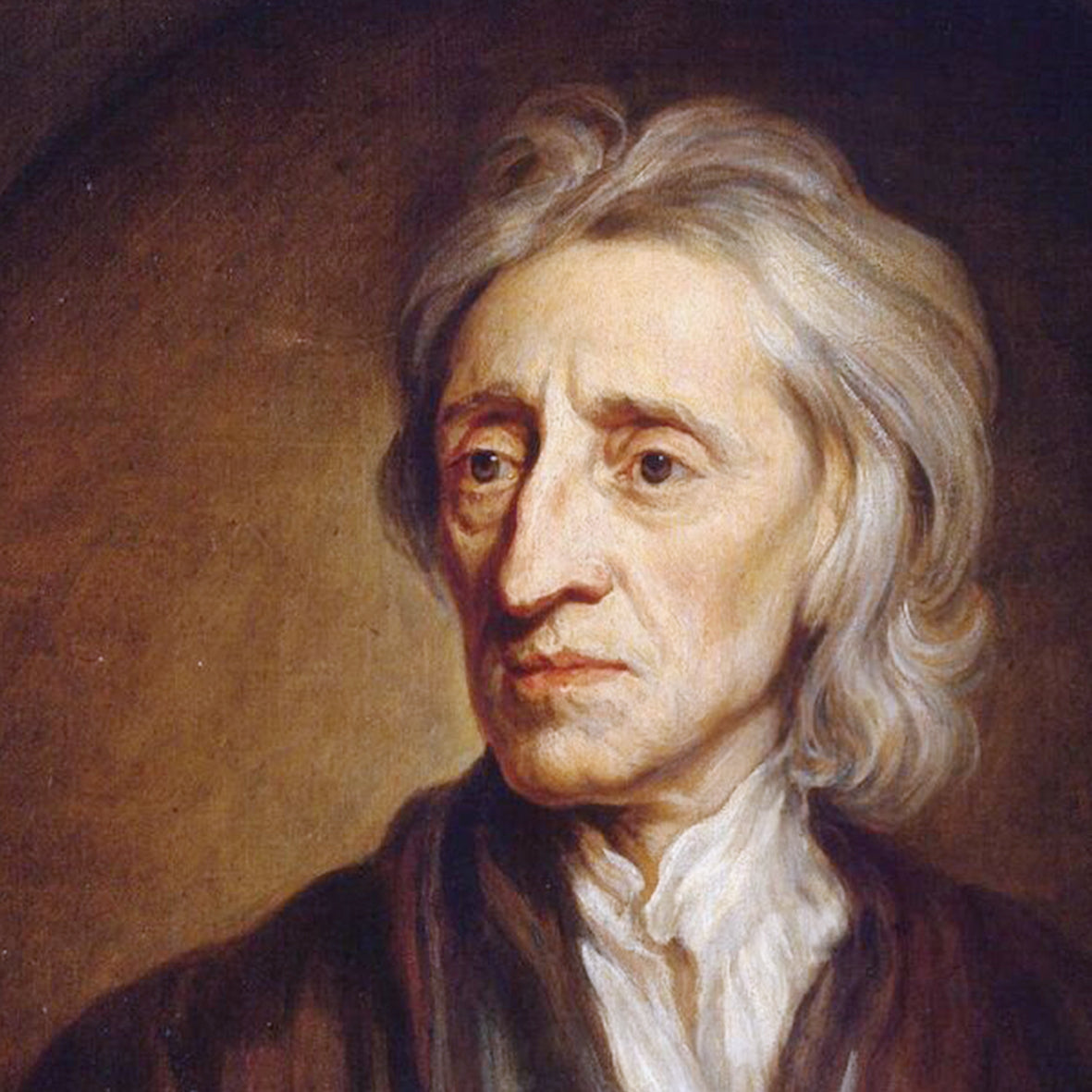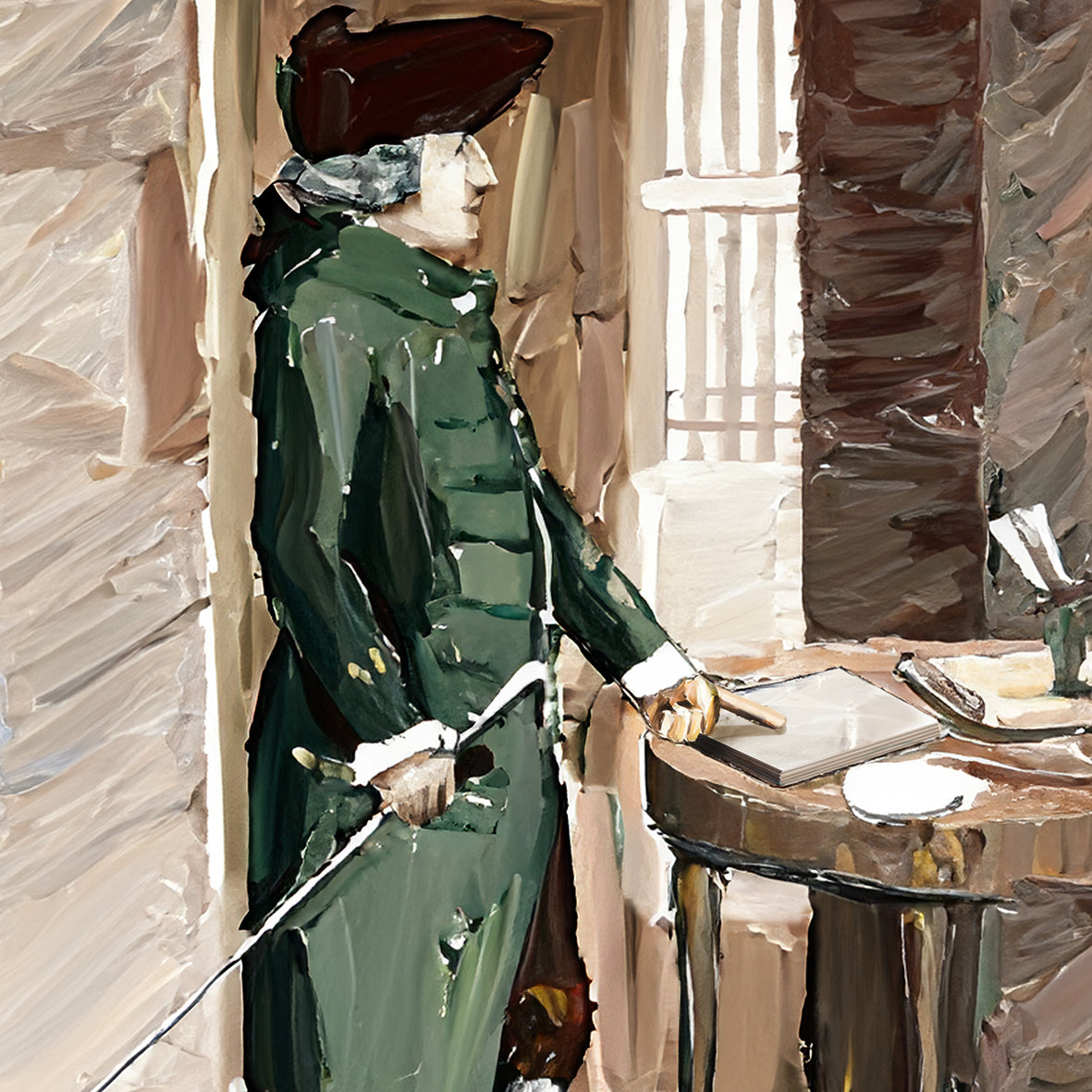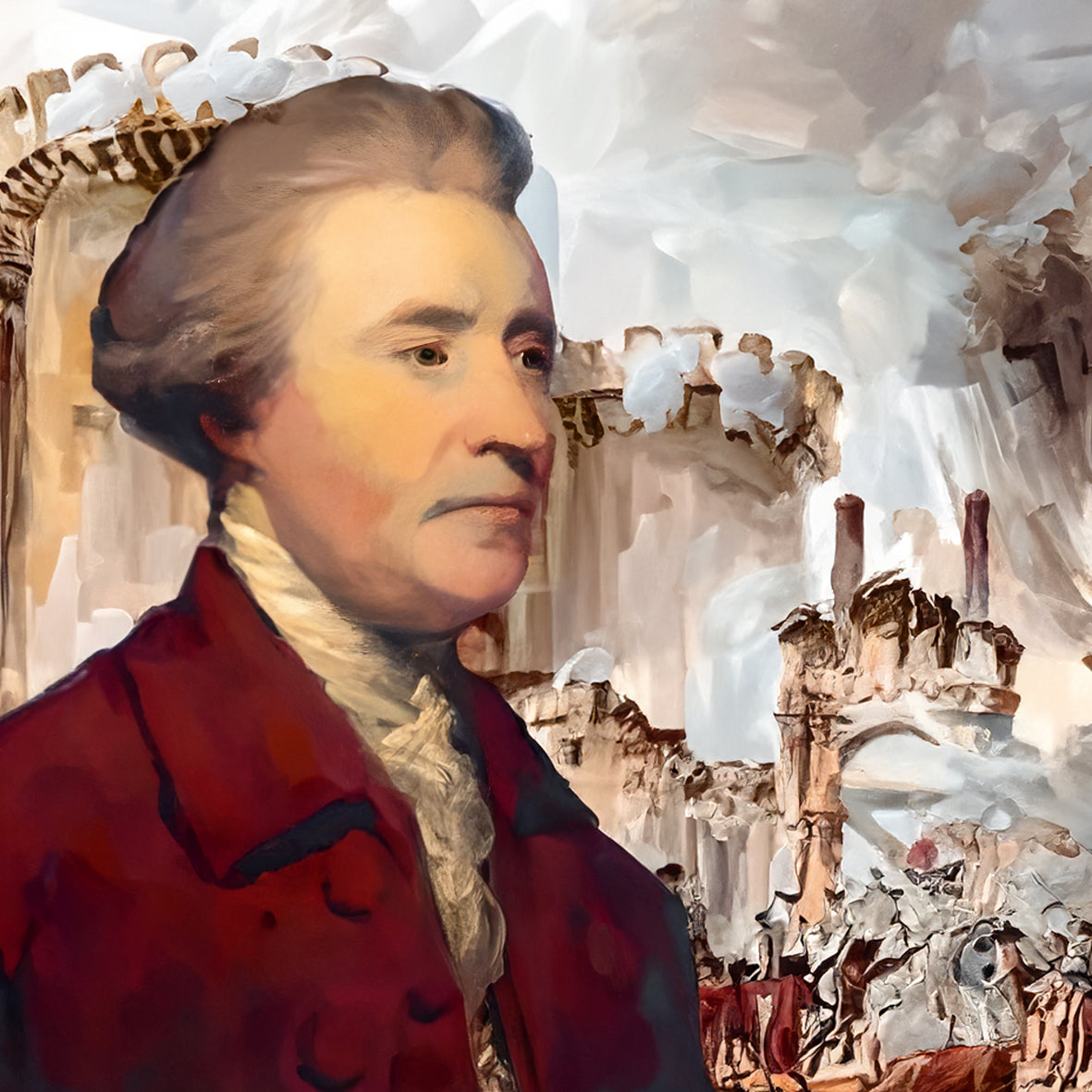The Thinkers

John Milton -
John Milton, an English poet and political thinker, wrote "Areopagitica," in 1644 which strongly advocated for free speech. Milton opposed publication censorship by government, believing in the moral autonomy of individuals and their ability to establish truth through dialogue and reason through free expression in the “marketplace of ideas”. Milton contributed to a seismic shift in public opinion towards authoritarian Government famously stating, “Give me the liberty to know, to utter, and to argue freely according to conscience, above all liberties.” His ideas were incorporated into the US Constitutional First Amendment to protect free speech and further developed by John Stuart Mill in his work “On Liberty”.

John Locke -
John Locke, an English philosopher, profoundly influenced political thought with the 1690 publication of “Two Treaties of Government”. Here Locke posited that individuals, by nature, have natural rights to life, liberty, and property. He argued that governments derive their legitimacy from the consent of the governed and exist to protect these inherent rights. Locke's ideas laid the groundwork for social contract theory, emphasising the people's right to alter or abolish an oppressive government – as was done in the 1776 US Declaration of Independence. Locke's theories underpin modern notions of individual rights, democratic governance, and limitations in state authority as it serves the people’s interests.

Adam Smith -
Adam Smith, a Scottish economist and philosopher, wrote "The Wealth of Nations" in 1776. Here Smith argued for the benefits of a free-market economy driven by self-interest and competition, and a limited role for Government in national defence, law and order, and infrastructure. He introduced the concept of the "invisible hand," whereby individuals pursuing their self-interest enhance economic well-being through continuously improving products and services. Smith emphasised the importance of division of labour and productivity, asserting that markets, when left unregulated and competitive, lead to prosperity. Smith was the first to explain how societal wealth was created leading to the widespread adoption of limited government and free markets.

Edmund Burke -
Edmund Burke, was an Anglo-Irish politician and statesman, who through works such as “Reflections on the Revolution in France” in 1770 laid the foundations for conservative thought. Burke stressed the importance of societal traditions and institutions, and the need for gradual reform. He was critical of the abrupt, radical changes to societal structures as was seen in the French Revolution. Burke advocated for an intergenerational society through his quote "Society is a partnership between the living, the dead, and the as yet unborn" – an injunction to the current generation to respect our ancestors’ efforts, whilst bequeathing our children a better society than they currently control.
